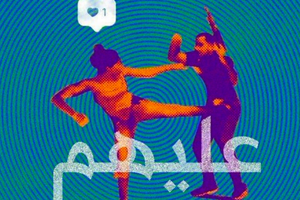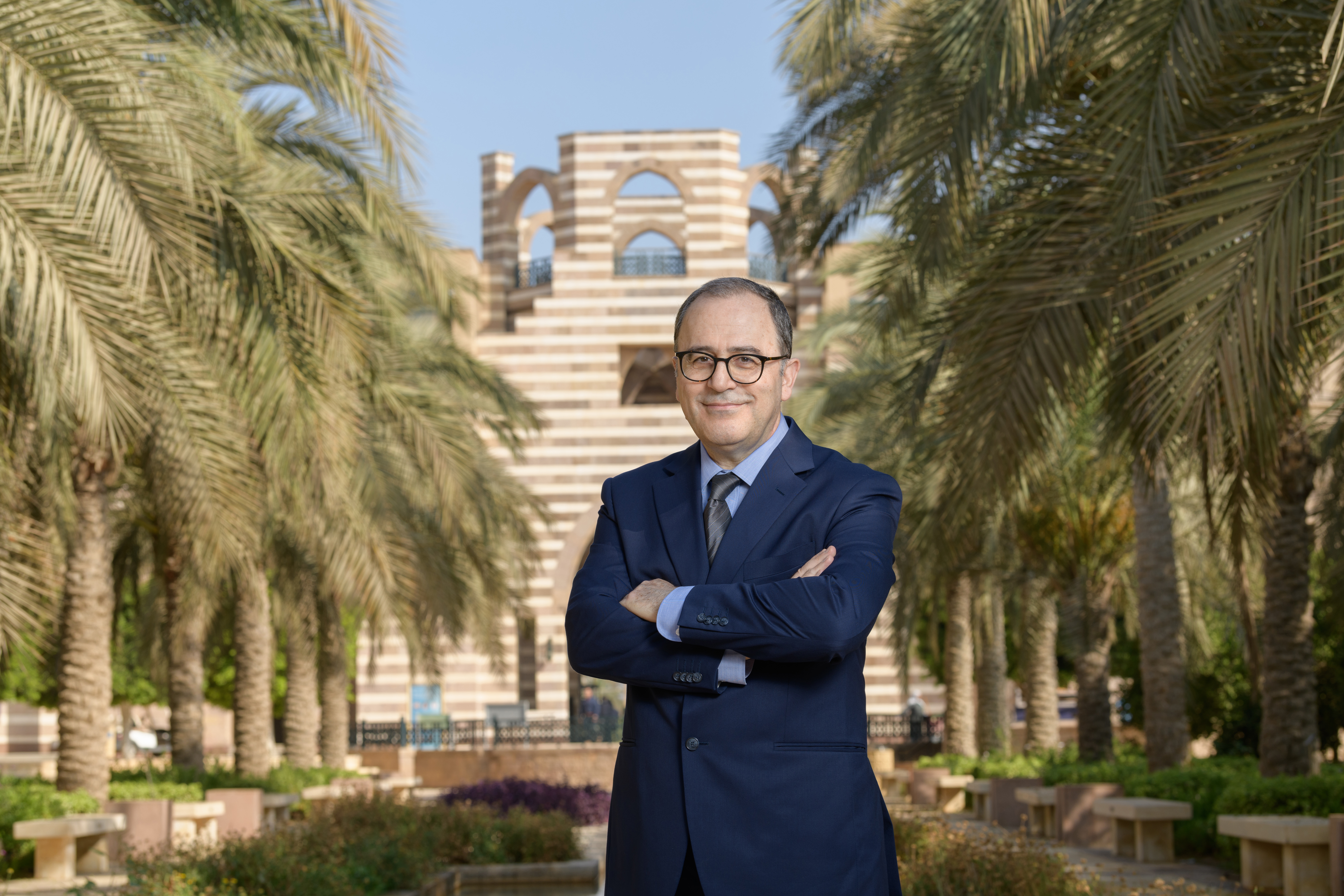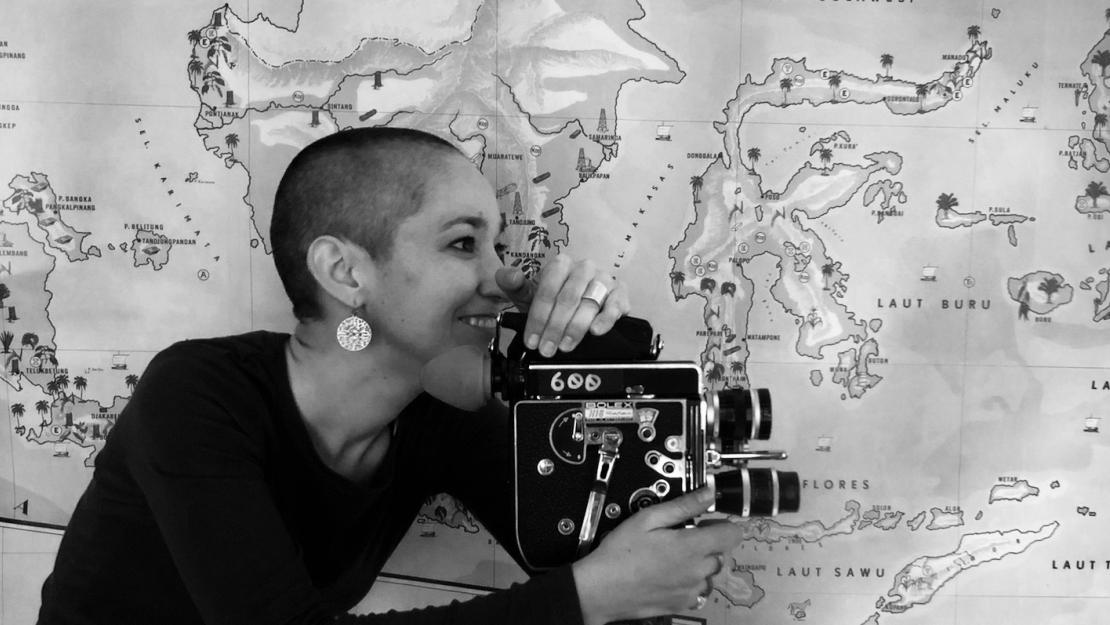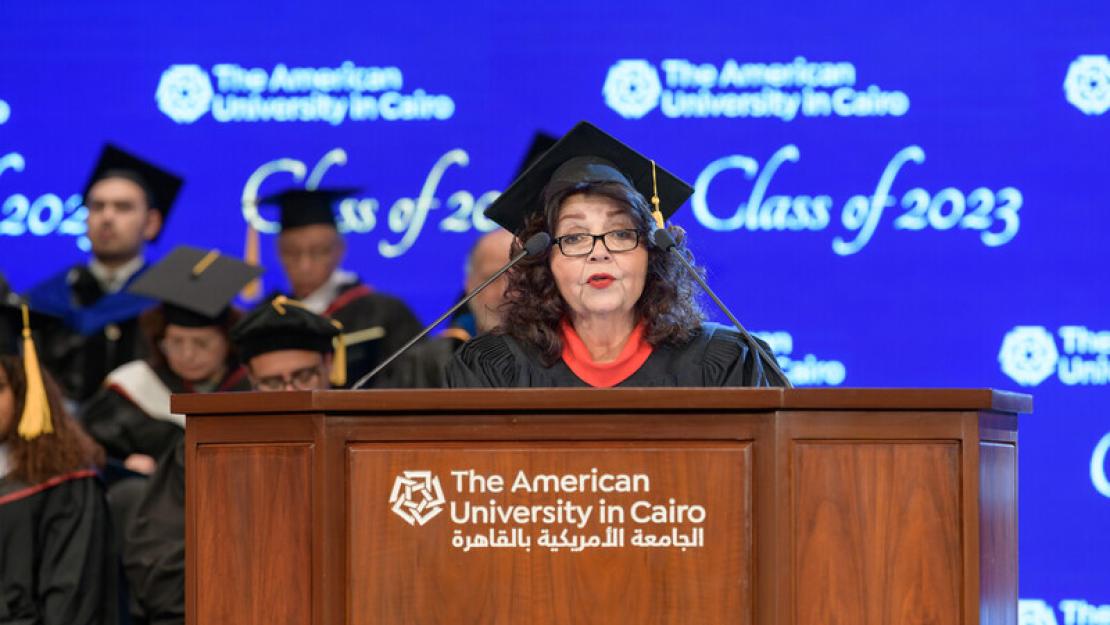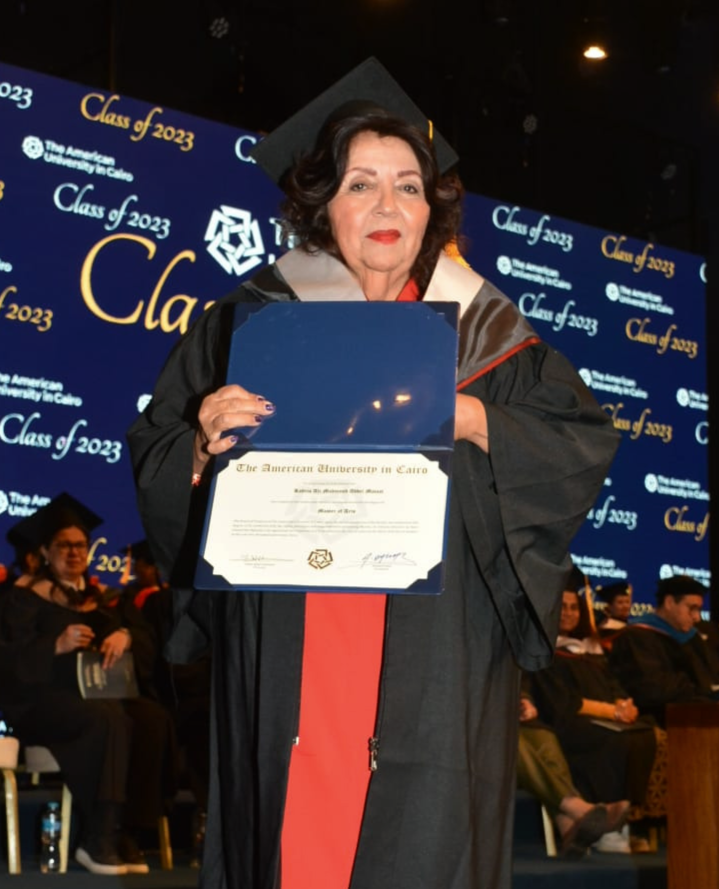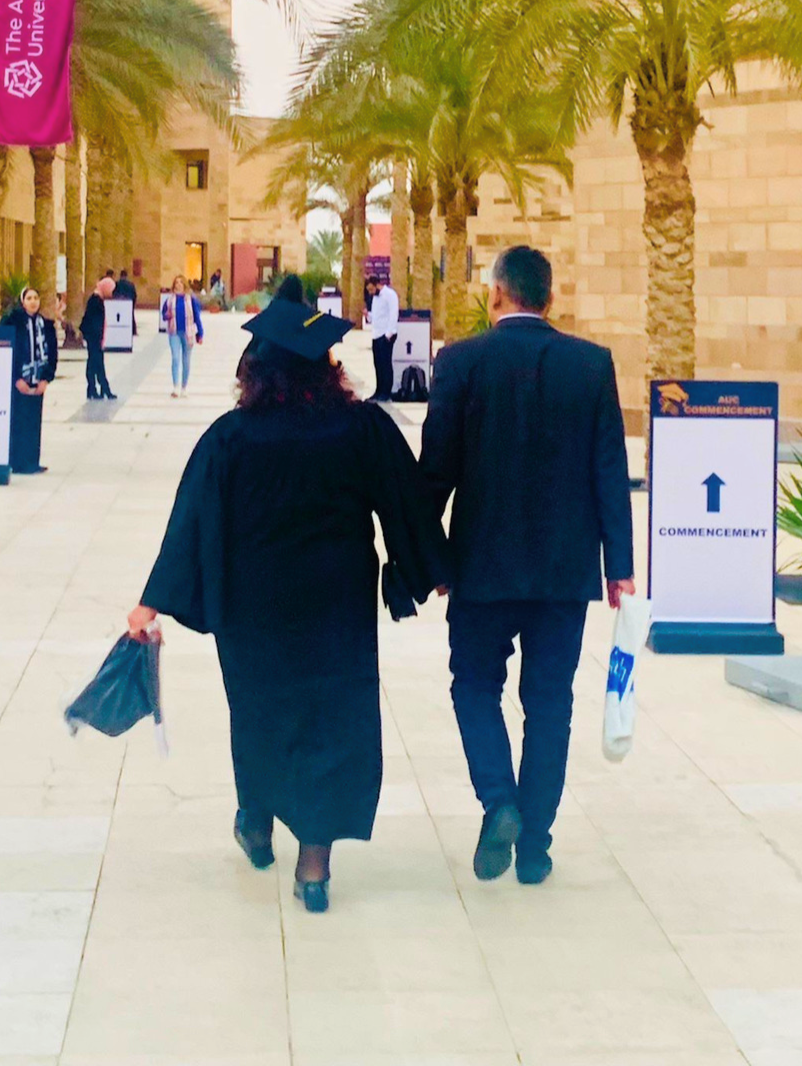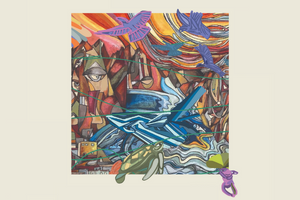What's in a wedding? Emiko Stock, assistant professor of anthropology, explores this question and more in her film, The Wedding, which is being screened at the UK Royal Anthropological Institute Film Festival and Conference this month. She will also be chairing and presenting at the festival a roundtable titled "Shadowing Meanings: the things we do (or not) with subtitles."
The festival can be attended online throughout March.
News@AUC caught up with Stock to learn more about the film and her research.
1. Tell us about your film, The Wedding.
The Wedding follows a day in a Cham Cambodian Muslim wedding. The film pays particular attention to the mundane gestures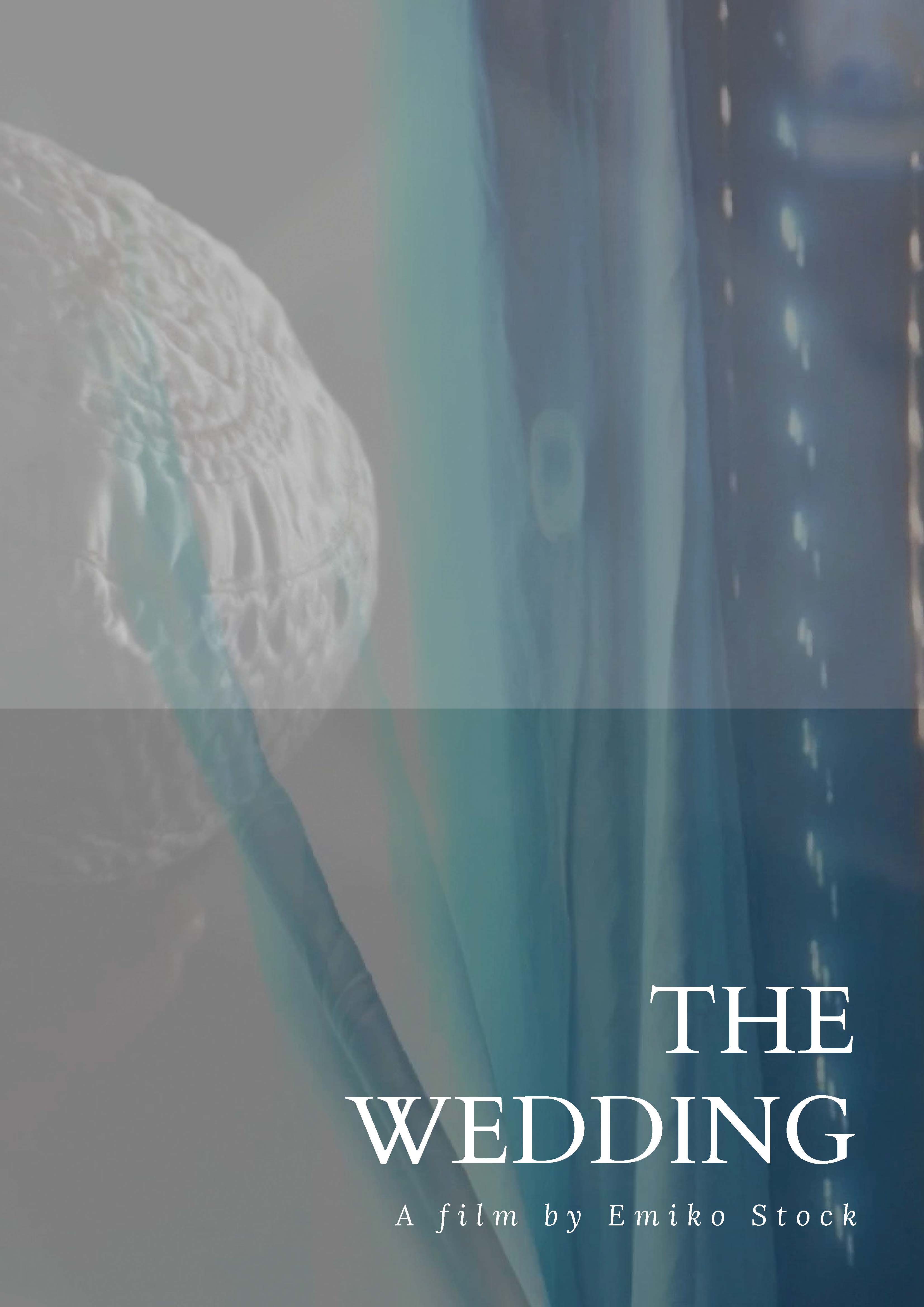
of turning a wedding into a "picture perfect" moment: a good prayer, a well-crafted meal, the well put together makeup-outfit-nails combo, the casual hanging outs, the laughs (or the boredom) and finally the ideal couple photograph.
2. What impact do you hope the film will have on viewers?
By layering gendered perspectives and breaking down the conventions of stability and singularity in camera movement and editing, the film aims to transcribe a partial experience: I hope viewers will leave the film thinking about how we all shape the peculiarity of any wedding, but also reflect on how all ethnographic and filmic endeavors are situated and textured.
3. Tell us about your research.
I work as a visual and historical anthropologist among Chams (a Muslim minority in Cambodia, which is a vastly Buddhist country). On one hand, I focus on how people think, use, and live with visual media (family photo albums, selfies, analog DIY practices, wedding videography...) but also how I, as an anthropologist doubling as photographer/filmmaker, can use the visual medium to tell alternative stories.
On the other hand, I also document Cham perspectives on a difficult history: one that requires silences, erasures and the refusal of archives. This is where visuals come to make even more sense: sometimes, when history is too hard to talk about, let alone inscribe, we need more than words. Images then, especially images considered as mundane, open a path through a history that can only be seen in its very absence.
4. What drew you to this topic?
My work in this community started very informally: I was first taken-in as a relative of sorts, but because I was always an amateur photographer/videographer, people would always ask me to come take pictures of their weddings. And since I always had an interest in history that was shared by many in the community, the two sides of the project sort of naturally merged together.
The Wedding is an example of how this relationship materializes: it was first shot, edited and distributed for the families themselves. It's only later on that I started to look at the film in a different way, one that might be of interest to anthropologists and documentary filmmakers. For me this is an essential lesson of ethical grounding that anthropology brings to the world: how can we be with each other, in resonance and reciprocity, so that we can live a little better with ourselves?
5. Is your research related to the roundtable you are chairing? Can you talk a bit about this?
The roundtable that I am organizing and chairing titled "Shadowing Meanings: the things we do (or not) with subtitles" looks at how subtitles are used (and misused) in documentary filmmaking. We take a feminist and counter-colonial stand in our rationale: if subtitles often aim for accessibility, transparency and information, they also carry a certain violence. When we choose what to inscribe, we invariably also produce erasures. The roundtable aims to explore the various shapes and contexts of such erasures.
What we ask ourselves is: what are the limits of subtitling? How can we embed documentary and ethnographic filmmaking in an opacity that is generative: one that relies on an active engagement with the medium rather than a passive consumption of clear-to-go meaning? The roundtable brings a wide range of case studies into discussion: from an analysis of classical Western ethnographic movies focusing on the audiences excluded by the subtitling process, to an examination of experimental media produced with refugee youth in Iran. Instead of aiming to produce content and information, we wonder if documentary could strive to bring viewers in the kind of attention and intentionality that brings us closer to life, and life's very own signature lack of clarity.
6. What are you teaching at AUC?
Next semester I will be teaching Film and Anthropology: Off-Screen Creativity in Cairo. The course aims to bring students of anthropology and film studies together to think through the idea of creation in the fields of film, video, and media making. I love teaching this course! For me it brings the best of both worlds: for students who have never taken a film class in their lives, it's a way to think about the medium and how it constructs our envisioning of the world. For students new to anthropology, it's a way to think about ethical avenues to document the world with constant wonder and generosity.


